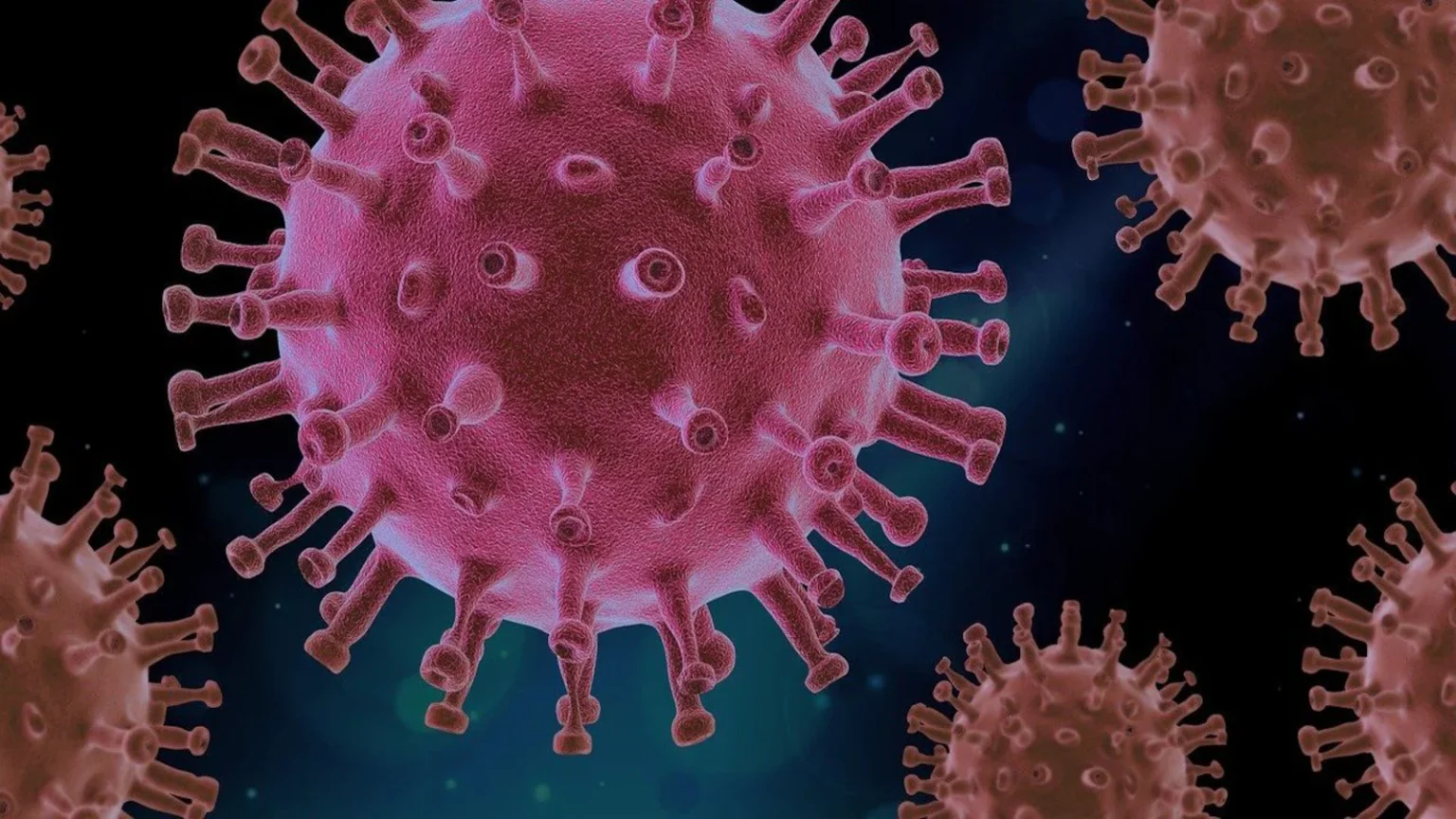It was declared that two people have died from Nipah virus infection in Kerala last Wednesday. The containment zones in the state of Kerala have already been declared by the government and the route maps for the two deceased beings have been published to show the people the roads to avoid.
The 5 people who had the virus, there were 700 people who were in contact with them. There were 77 high risk people on the list as well. The 5th case occurred when a 24-year old health worker fell ill with nipah virus.
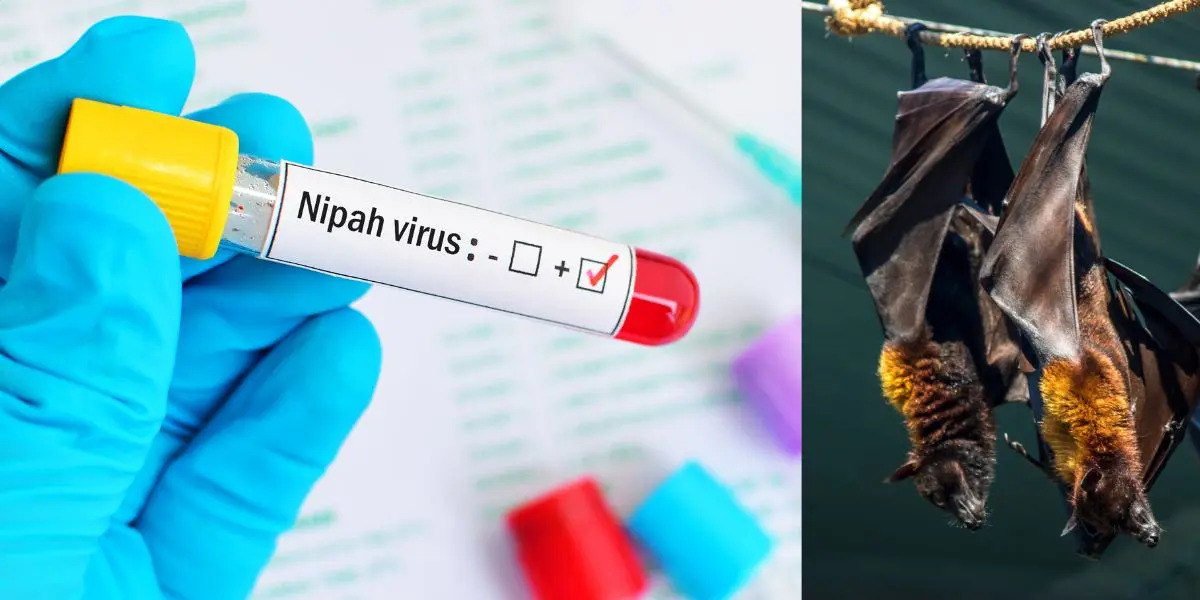
Source: Adda 247
The worry has been created because the 5 patients have come into contact with 700 people and the state government has announced zones of containment to stop the spread of the virus. According to Veena George, who is the health minister of Kerala, 77 people on the contact list were in the high risk category.
Nipah Virus Spread Can Occur Through Infected Animals And Fruits As Well
One of the nipah virus containment zones has been marked in Kozhikode. The virus can spread through infected humans, animals, and fruits. Due to the situation of it being able to spread through infected humans, the high risk have been instructed to remain in their house.
The routes to the houses of the patients who have died have also been published so that the other people don’t take those routes. Gatherings in large numbers during functions and festivals have been banned to guarantee that people are safe from the virus in Kozhikade.
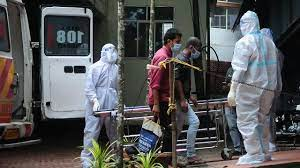
Source: Moneycontrol
Vadakara taluk from the district of Kozhikade has 58 wards across the 9 panchayats, which have been declared as containment zones. The functioning of only essential services are allowed in these areas.
The shops that would be selling the goods that are essential will be allowed to work from 7 am to 5 pm. The pharmacies and health centers can remain open as per their normal schedules. The buses and the vehicles that would be using the national highways during their regular routes have been asked to ignore the stoppages in the containment zones.
They have been asked to not stop their vehicles in the areas of the containment zones to prevent any further spread of Nipah virus. A 9 year old boy from Kozhikode has been suffering from the infection and is on ventilator support.
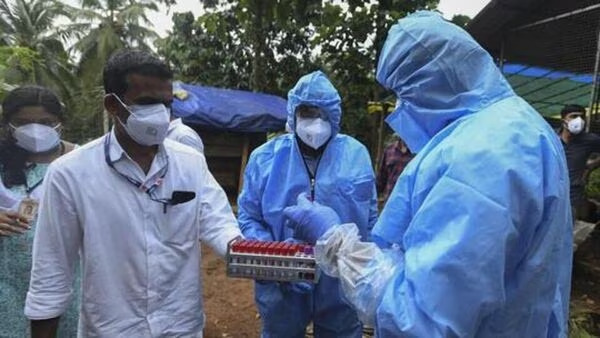
Source: Mint
The government has ordered the health officials to treat the boy with the monoclonal antibody from ICMR, even though there is no proof of the antibody working against nipah virus. The monoclonal antibody is the only available treatment for it at this point of time.
The 76 high risk people who have come in contact with the 5 patients who have died are all stable during the current time. According to the studies of WHO and ICMR, the entire state of Kerala is prone to being infected with the virus since the outbreak in Kozhikode as per the health minister of the state.
The current strain of the virus that has been found in the state of Kerala is the Bangladeshi strain, which is less infectious, but has a high rate of mortality. The spread from human to human is easy for this strain.
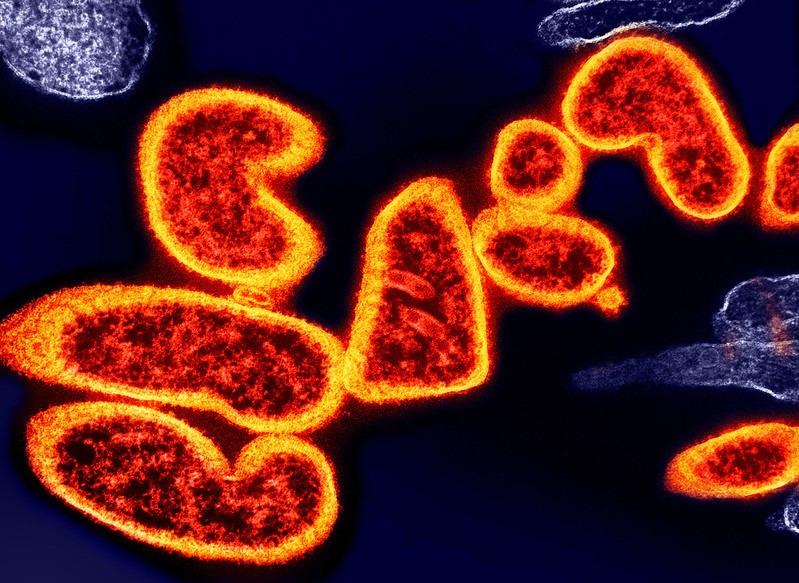
Source: CIDRAP
The zoonotic Nipah virus can spread from infected animals and contaminated food of humans as well. The symptoms of the virus include headache, fever, difficulty in breathing, cough, and vomiting, which can occur in severe cases. These severe cases can show symptoms of swelling of the brain that can lead to brain death as well.
Another outbreak of the virus occurred in 2018 in Kerala, during which 17 of the 18 patients had died from it. Some isolated cases also occurred during 2019 and 2021.







